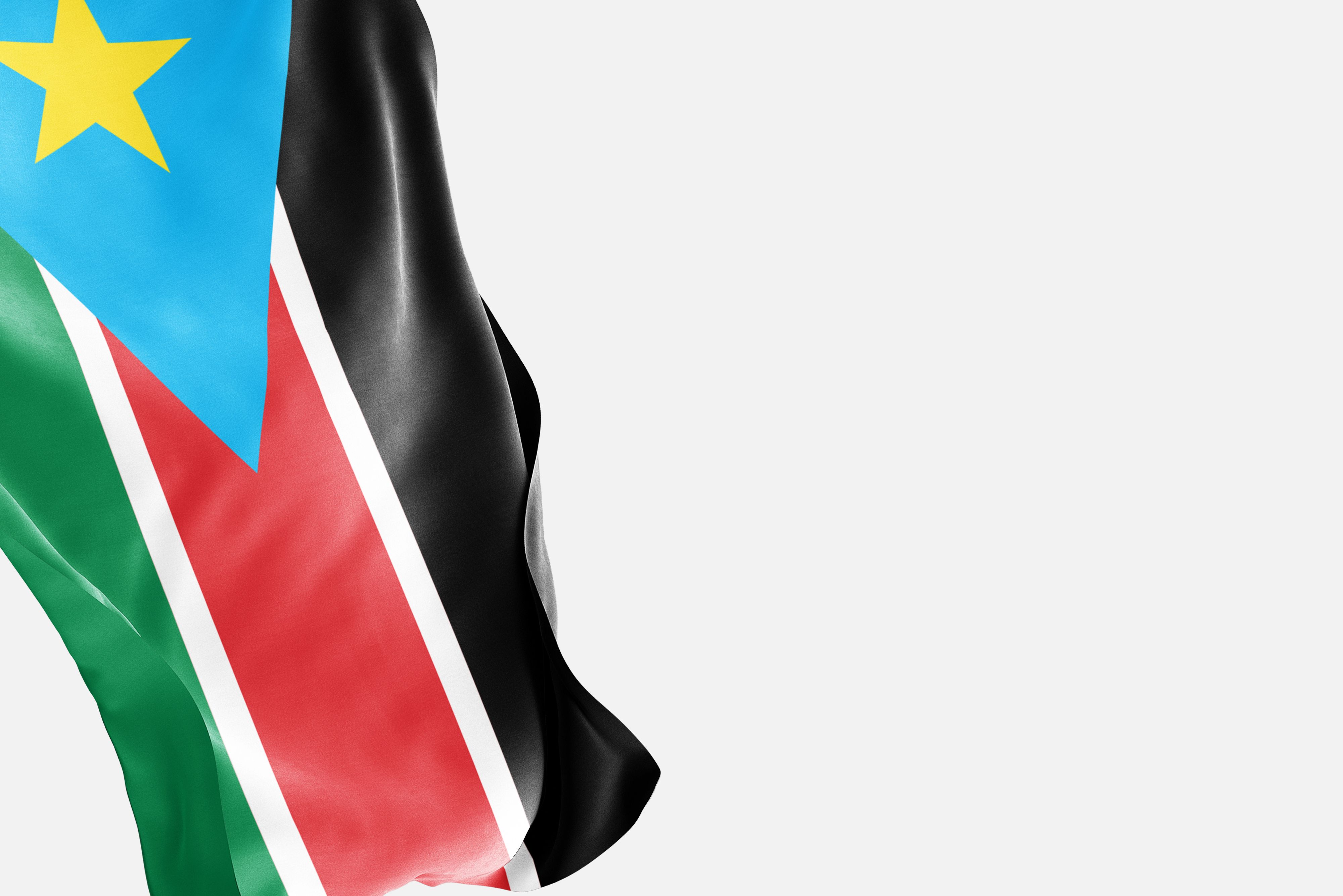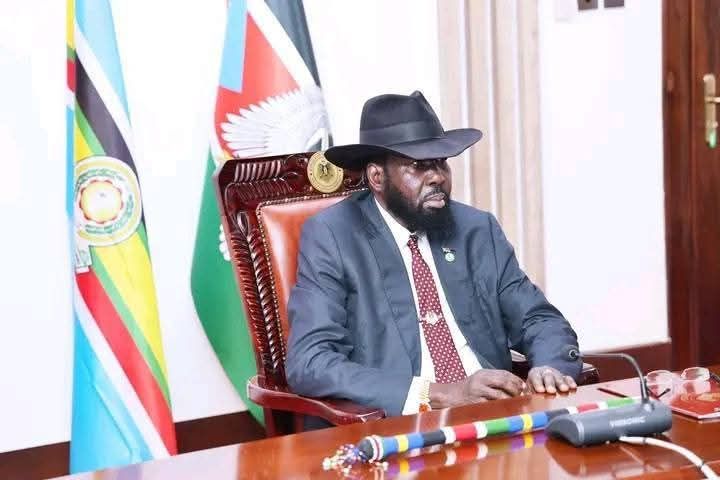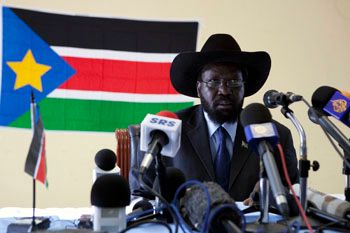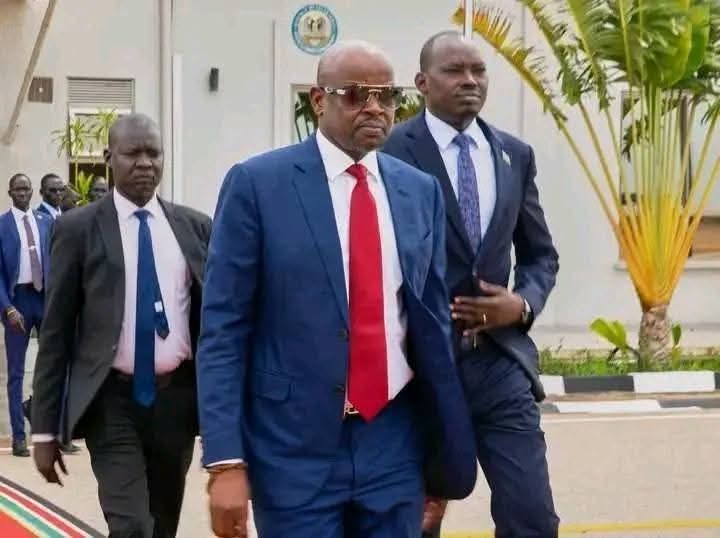Navigating South Sudan's Political Landscape
BR
Understanding the Roots of South Sudan's Political Challenges
South Sudan, the world's youngest nation, has faced numerous political challenges since gaining independence in 2011. The journey to stability and peace has been complex, shaped by historical grievances and ethnic divisions. Understanding these roots is essential for anyone looking to navigate the intricacies of South Sudan's political landscape.
The country's struggle began long before its independence, with decades of civil war against Sudan. These conflicts left deep scars, not only on the population but also on the political fabric of the nation. The Comprehensive Peace Agreement in 2005 was a significant milestone, but it did not address all underlying tensions.

The Role of Ethnic Divisions
Ethnic divisions have played a crucial role in shaping South Sudan's political dynamics. The country is home to diverse ethnic groups, with the Dinka and Nuer being the largest. These groups have historically been at odds, leading to power struggles and conflicts that have hindered national unity.
The rivalry between these two major ethnic groups came to a head in 2013 when political disagreements within the ruling party sparked a civil war. This conflict was largely seen as being driven by ethnic loyalties and ambitions, highlighting the necessity of addressing ethnic grievances to achieve lasting peace.

International Involvement and Peace Efforts
International actors have been heavily involved in South Sudan's peace efforts. Organizations like the United Nations and the African Union have played pivotal roles in mediating peace agreements and providing humanitarian aid. Despite these efforts, achieving a sustainable resolution has been challenging.
Several peace agreements have been signed over the years, but implementation has often stalled due to mistrust among parties and a lack of enforcement mechanisms. The latest peace agreement, signed in 2018, holds promise but requires continued international support and oversight to ensure compliance and progress.

The Economic Dimension
South Sudan's economy is largely dependent on oil production, which has been both a blessing and a curse. While oil revenues have the potential to fuel development, they have also been a source of conflict, with different factions vying for control over these lucrative resources.

The volatility of oil prices on the global market adds another layer of complexity to the political landscape. Economic diversification is crucial for South Sudan to reduce its reliance on oil and build a more stable economic foundation.
Pathways to Stability
For South Sudan to achieve long-term stability, several pathways must be considered. Strengthening democratic institutions is fundamental, alongside fostering inclusive governance that represents all ethnic groups equitably. Building trust among communities through reconciliation initiatives can also lay the groundwork for peace.
Moreover, investing in education and infrastructure can empower citizens and create opportunities beyond the oil sector. These efforts require both national commitment and international support to succeed.

The Role of Civil Society
Civil society organizations in South Sudan play an essential role in advocating for human rights, transparency, and accountability. These groups often operate under challenging conditions but remain crucial in holding the government accountable and promoting civic engagement.
Empowering civil society can enhance citizen participation in the political process, ensuring that leaders are responsive to the needs of their constituents. Supporting these organizations is vital for creating a more open and democratic society.
Looking Ahead
As South Sudan continues its journey towards peace and development, it is clear that a multifaceted approach is needed. Addressing ethnic divisions, strengthening institutions, diversifying the economy, and supporting civil society are all critical components of this effort.
The road ahead is undoubtedly challenging, but with sustained commitment from both national leaders and international partners, there is hope for a brighter future for South Sudan and its people.